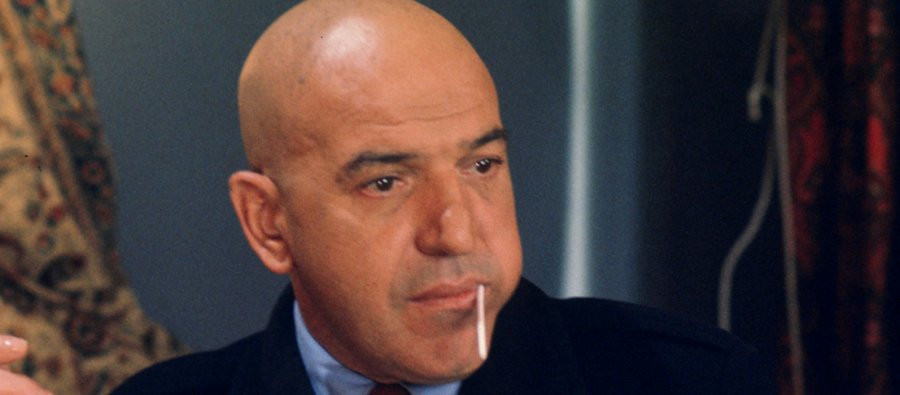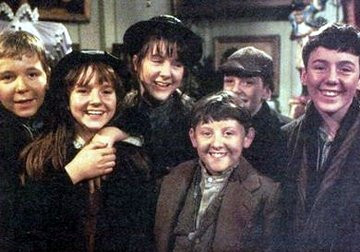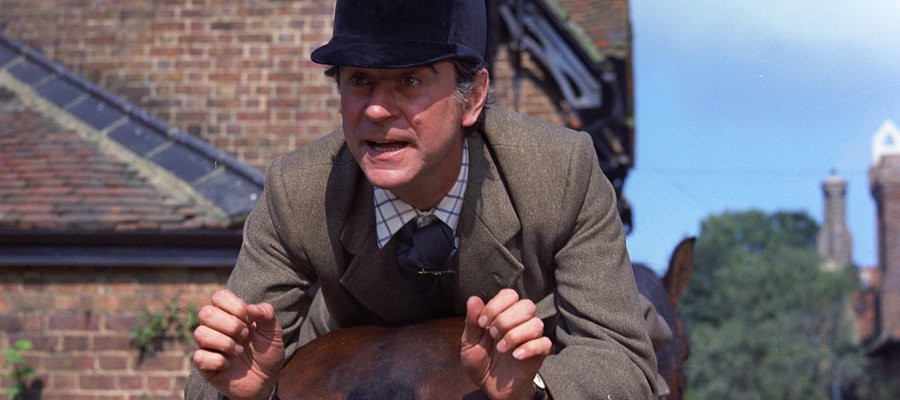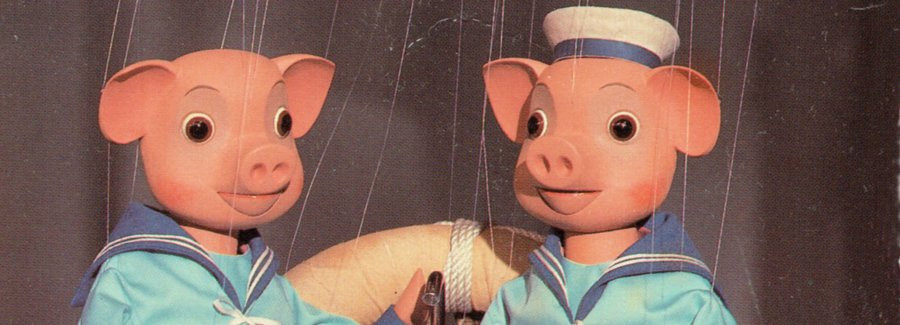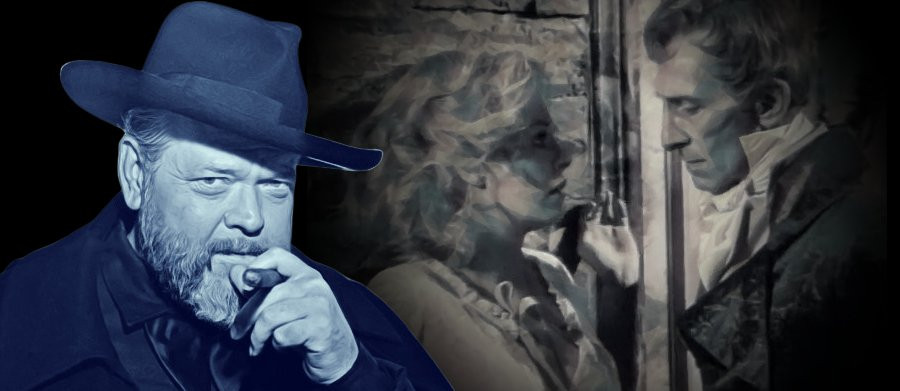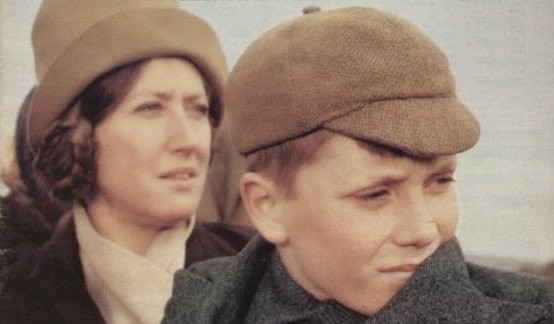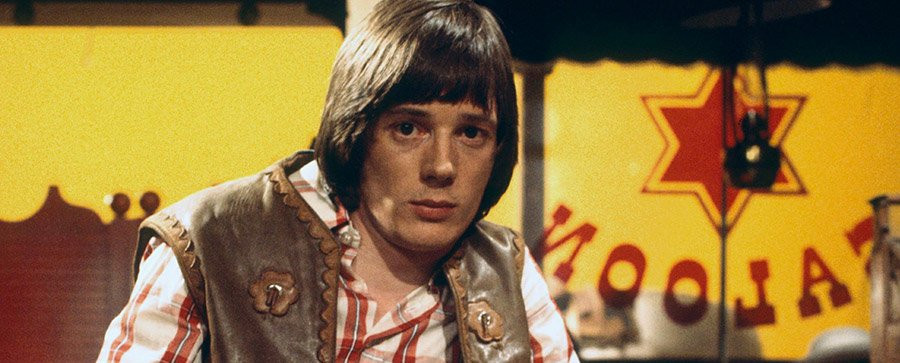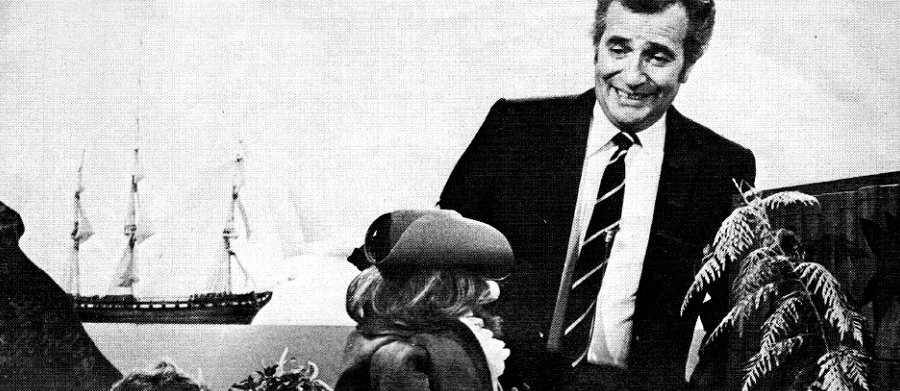
Michael Bentine's Potty Time
1973 - United KingdomReview: Brian Slade
When people wax lyrical about listening to the anarchic collective genius contained within The Goon Show, they inevitably focus on the voices behind Bluebottle, Neddie Seagoon and Eccles, the most memorable characters voiced by Spike Milligan, Harry Secombe and Peter Sellers. Post-Goon Show, Sellers went on to his somewhat self-destructive but nonetheless hysterical Hollywood career, while Milligan and Secombe developed very different television careers – Milligan primarily with his boundary-pushing Q series, Secombe drifting into the more sedate world of song and religion.
As has sadly often been the case with other programmes, the wiping and loss of early episodes of The Goon Show has robbed us of some comedy gold. But in this particular case, it also leaves us with almost no material of the involvement of Michael Bentine, an original member of the team who left after 38 episodes of the much-praised 50s comedy.
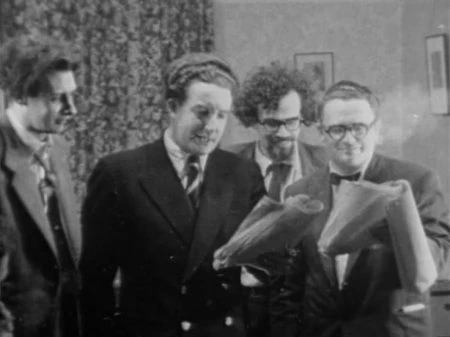
Doubtless a side-effect of the loss of these shows is that few people remember Bentine’s contribution or give him the credit he undoubtedly deserved. However, after leaving the programme Bentine carved his own brand of comedy into the form of a children’s TV show, Michael Bentine’s Potty Time, an educational yet creatively comedic puppet show that he wrote and voiced.
After his departure from The Goon Show, Bentine had kept his comedic talents honed in variety shows and a number of short-lived children’s programmes, most successfully in the form of It’s A Square World, which included a pre-cursor to Potty Timein the form of miniature re-enactments of grand historical plays and events - so miniature that the participants were invisible to the naked eye.
In the early 1970s, Bentine suffered the most painful of losses. His son Gus went missing after heading off on a trip with a pilot friend. Exposing many of the failings of British air space monitoring at the time, it emerged that nobody knew that the plane that did actually contain Slade and Bentine’s son had even taken off, let alone where it was destined and what fate had befallen it. It was a staggering 9 weeks before the plane wreckage and the pair’s bodies were found in Petersfield. Although Slade and Gus’s deaths were not the result of anything underhand, Bentine would go on a personal crusade in the subsequent years to expose the failings of security around private planes and their dubious traffic into and out of the country.
It was during this time of grief for Bentine that BBC producer Johnnie Downes approached him with a suggestion of a children’s television series for the corporation. Harry Secombe’s brother, Fred, suggested that producing a children’s show would be a healthy way to work through the stress and resentment Bentine was feeling – ‘The children will help you forget the hate burning inside you,’ Secombe told him.
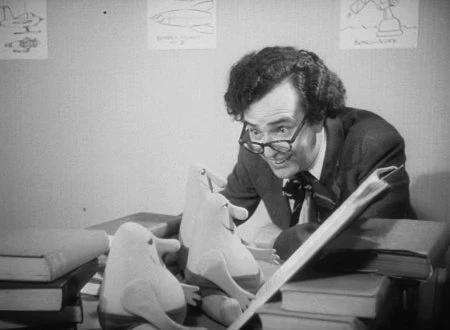
The programme was called Michael Ben ‘T’ ine Time and was a success both with its young audience and its viewing figures – but the corporation stalled too long on committing to a second series, and Bentine in the meantime accepted an offer from Thames Television to create Michael Bentine’s Potty Time, which would garner impressive viewing figures and run for seven years.
Bentine himself was an extremely well-educated man and so his Potty Time programmes offered a perfect balance between educating its young audience and entertaining them. Bentine would host the show, talking directly to the viewers as he announced at the beginning of each episode what particular piece of history or literary masterpiece the programme would be investigating. From here, the show would be a re-enactment of such events as Mutiny on The Bounty and The Great Train Robbery, or a window to the world of such characters The Scarlet Pimpernel and Dick Turpin.
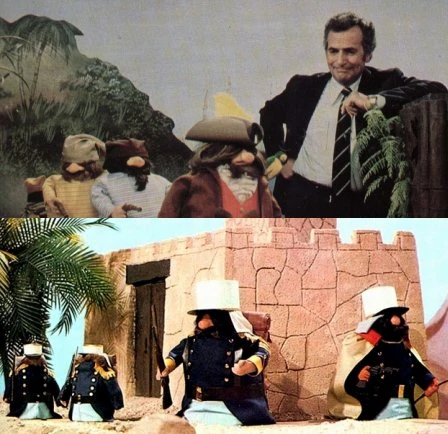
The characters playing out the historic snapshots were invariably double-acts of a kind. After Potty Time ‘reporter’ Bentine set the scene and sometimes introduced himself to the miniature protagonists, the subsequent storylines performed in exquisitely designed sets would be played out by differing sizes of puppets. One would always be double the size of the other – roughly one and two foot tall - and the pair would be slid along grooves in the raised set floor. Their faces were almost entirely obscured by hair, the exception being their large round nose. It eradicated the need for any technical wizardry for having the puppets speak, and gave freedom to Bentine, who voiced each character for the entire run of the show.
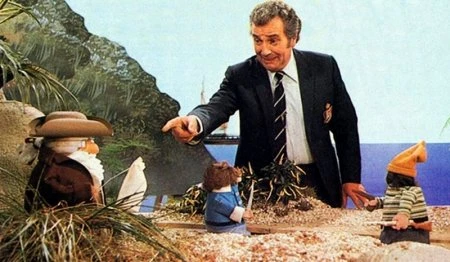
The back and forth dialogue was not unlike Goon Show exchanges. It gave vent to Bentine’s creative comedic genius, coupled with an educational anarchy that melded perfectly with the inquisitive nature of the age group the show was intended for. Such exchanges as Christopher Columbus trying to explain how the world is round typify the fine balance between knowledge and humour. The more vertically challenged of the pair of puppets questions why if the earth is round the water doesn’t fall out of the sea. The dismissive response in stereo-typical Spanish accent was, ‘What – I should invent gravity too?’
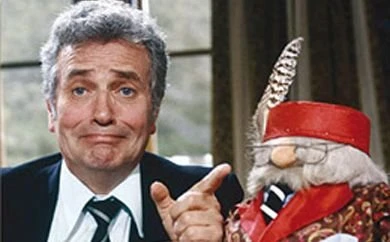
In his heartfelt autobiography, The Reluctant Jester, Bentine would describe Potty Time as, ‘the most enjoyable experience of my forty-six years in show business.’ The show ran across eight years, spanning 78 episodes and its creator estimated that he recorded more than a thousand character voiceovers during that time. Such dedication and respect for his appreciative audiences, coupled with his ability to educate with humour, endeared Michael Bentine to a generation and in some ways, the absence of The Goon Show material allows us to fully bask in the warm glow of his talent that came shining through in Michael Bentine’s Potty Time.
Seen this show? How do you rate it?
Seen this show? How do you rate it?
Published on January 21st, 2020. Written by Brian Slade for Television Heaven.



